Writer Director Vasant Nath, talks about the dogged pursuit of excellence and his journey leading to Sacred Games in an interview with Anjali Singh, for the Asian Curator.
But ultimately, following a much broader, much much more far-reaching timeline of ones own, which an inner compass is leading you towards, something which lies beyond the horizon still, at all times.
Director Vasant Nath
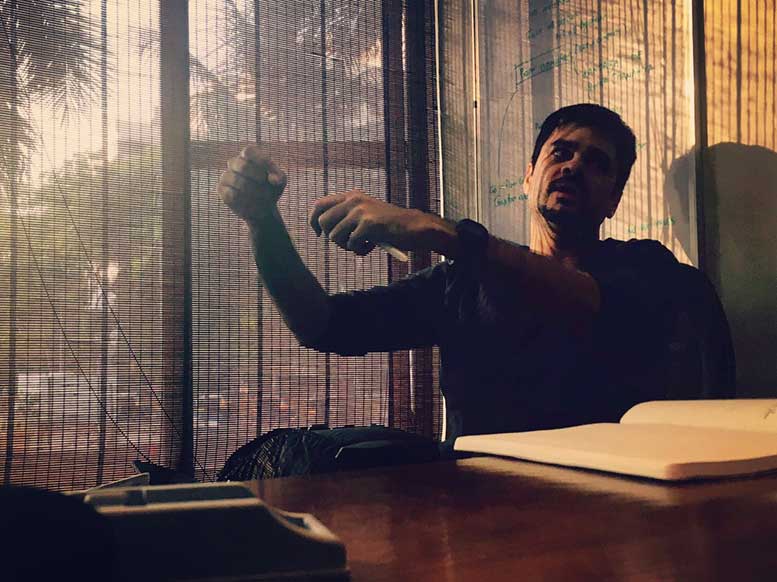
Director Vasant Nath. Sacred Games writers room.
How did your tryst with writing, direction and films begin?
I was an English Honors student in Stephens College from 1998-2001. Thereafter I went to the University of Cambridge from 2001-2003. I had done theatre in both places and after my sociology degree I thought the logical place to go was a career in news and media.
But somewhere I knew that I wanted to be on the creative side of things, and since I had directed plays, I decided to give applying to film school a shot. And in the application process there was a requirement of writing film scripts and when I did that I found that writing films brought together so many fields of my interest – research, sociology, history and also some kind of an aesthetic presentation that was bundled into it. I had not yet developed a skill in photography, which was to grow into my passion, but I was extremely interested and that’s where the journey began.
Director Vasant Nath on his commitment to your current medium/format.
My main occupation is writing scripts for narrative series, dramatic series. My first job was Sacred Games Season 1 for Netflix. That was my first big engagement. I’m currently writing a show for Amazon. I have also written quite a few feature films, none of which have been made yet. I wrote them on spec. Also wrote on commission for other writers. So my training has been on feature film format.
I learnt on the job while writing Sacred Games. It came to me because of the trust, placed in me by my longtime friend and colleague Vikram Motwane. And it was a very steep learning curve. I’m very much still learning. I like to work in-parallel between feature film projects and long form narrative, episodic series because I feel that one skill informs the other. The insights that you get in one get applied to the other. It keeps the mind robust and active and jumping between, always improving. And I like it that way.
How do you deal with the conceptual difficulty and uncertainty of writing and creating new work?
Good question. I think that what one has to deal with is to stay motivated, and stay inspired. Uncertainty only arises when your cup is empty. And for me the way to remain inspired is to keep reading. I feel that not enough writers around me have a commitment to reading anymore as they used to. And I try to keep my reading very very wide and I depend on a lot of sources to guide me. I really follow my nose when it comes to choosing books. I’m usually reading things that are completely unrelated to anything I’m writing.
The other thing I also rely on heavily is photography. I use photography as a medium to research the material I am writing. I also use photography to build a bank; a resource of triggers. So many times photographs I have taken, transport me to certain feelings and sensations. I refer to these and that’s my way of building a library. A place I can always go back to for inspiration.
Uncertainty and conceptual difficulty does not arise in as harsh a form, if I keep this up. So I make sure I keep building this library, and expanding myself through reading.
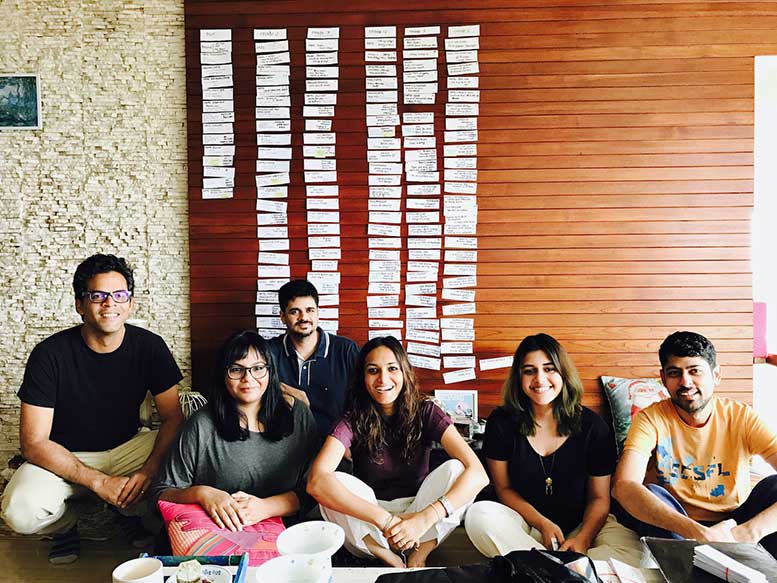
Sacred Games Season 1. Director Vasant Nath (back center)
Tell us about your own personal evolution, vis a vis your creative journey and the work that you do today.
My journey began with my first gig out of college, as an assistant to Deepa Mehta on the film Water. I was literally at her side while she made every decision that went into the film. I worked alongside her, polishing the first draft of the script. My job was typing everything she said. That’s basically where I understood how the format works – screenwriting and using final draft and so on.
After the job with Deepa, I got work as a creative assistant with the ad filmmaker Bharat Bala. And I was with him for five years.
I became dedicated to research, in terms of doing all the ground-work before a screen writer came and took it on. I had the honour of working with some very very talented and eminent names. The most important to mention is MT Vasudevan Nair who is the marques of Kerala. I had the extremely good fortune to work alongside him, under him, for many months. This was while developing a feature film that Bharatbala was doing. I learnt a lot about books and writing from MT, which I carry that with me even today.
Director Vasant Nath on learnings of note
One of the things he taught me was that anything that you write must be readable. And I have stuck with this, as a dictum. Whatever I create should be accessible to others like myself and others, and an audience as wide as possible. Because, I think, the further your stories get, I think the more satisfying it is for me as a writer. So I really aim for material that can have that sort of reach. Thus MT is a very very big source to in my own creative evolution.
Thereafter there were many influences which have shaped how I think. My Buddhist practice, for the last 5 years, and study of Buddha’s philosophy have shaped how I think. And again, this is a resource I draw from when I want inspiration. Its not just something from which I look for inspiration, it is actually something that shapes the way I think. That has been a lovely process until now, and it will continue for as far as I can imagine.
What were you working on when the lockdown was announced?
I was working on a show for Amazon, based on an all-girls college in New Delhi. I was also working on the final drafts of a feature film, which I intend to direct this year. Still intend to, so I’m not discounting the possibility just yet. I was in talks for another adaptation of a film trilogy for a children oriented fantasy series.
How has this affected your practice and plans?
Practice. Almost nothing has changed except that I’m working from home.
I used to divide my time between a small space that I rent as an office and home, and there were days when I would work from home. I’m the father of two six years old girls and its good to get out of the house sometimes to get some space, to do what I do. But sometimes it is also good to be near my family and near the hustle-bustle. I’m not the kind of writer who needs isolation all the time. And sometimes I just need people. Proximity to my family is something I value a lot so that proximity has increased. My routine remains the same. Except to incorporate the extra work that one has during the lockdown, dividing some of the work at home.
And in terms of plans, the only plan that has really changed, is directing my first feature-film. I am still hoping to do it this year. And in terms of other stuff, work has only increased and this is something I am very grateful for.
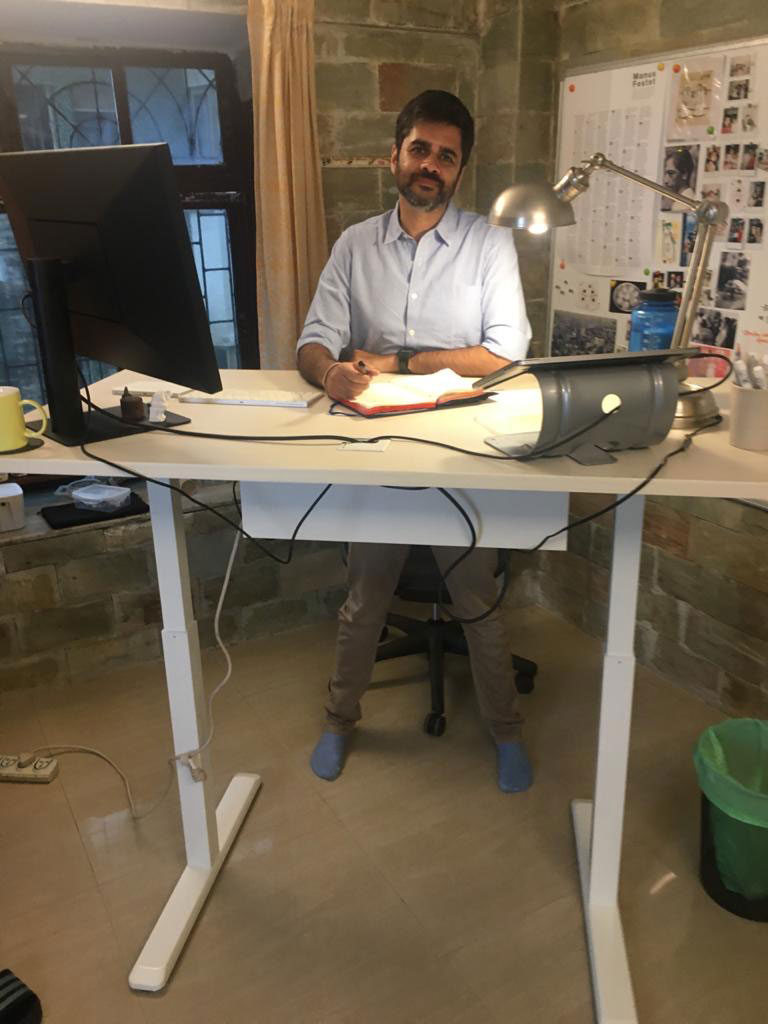
Director Vasant Nath, in his Versova office.
What would elevate artists’ life during this period?
This is a personal answer; I think deep introspection, and answering difficult questions about life. And my way of doing that is thorough my spiritual path, through my study of Buddhism. I think everybody should have some inroads in this time be it through a practice, or through study. Some kind of regular practice makes us look and go inward; not in an ivory tower, but something that is rooted in the world today. I think this pause that we have got is extremely valuable for writers especially, being rooted in what is going on around us.
What kind of critical inputs does the world need at this moment to overcome the loss of income and opportunity as a direct result of the lock-downs worldwide?
I mean the only thing that can counter the loss of income is income so, I don’t know how else to answer that. But in terms of critical inputs the world needs in the form of art: The world needs hope. The world needs something that makes it wake up everyday and agree to go on, to fight and to not despair. And to bring their best life-condition to the challenges that lie ahead. From my perspective, art that can serve to inculcate wisdom, courage and compassion is of utmost importance right now.
You’ve spent time amongst artists in flow, what have you observed?
So many things. I have observed discipline for sure. And I have observed this dogged pursuit of perfection which in the best case, which I have seen and would like to imbibe. Its just this agreement with oneself to just keep coming to the workplace everyday and chipping away at what you do day after day. Of course there are goals and deadlines which help this along. But ultimately, following a much broader, much much more far-reaching timeline of ones own, which an inner compass is leading you towards, something which lies beyond the horizon still, at all times. But you are always pointed in the direction of that inner compass. Every time I read autobiographies, or hear of artists just persisting.
I am always fascinated by when artists reach a stage of extreme productivity, and its after having found that lovely balance between having something to say and having the skill to express it, and the will to always perfect it. Have only read about this in autobiographies, or biographies of artists that I admire. Right now during the lockdown, I’m kind of experiencing this. At this stage in my life I am witnessing, just ability, opinion and opportunity. It’s a real blessing and I’m very grateful for it.
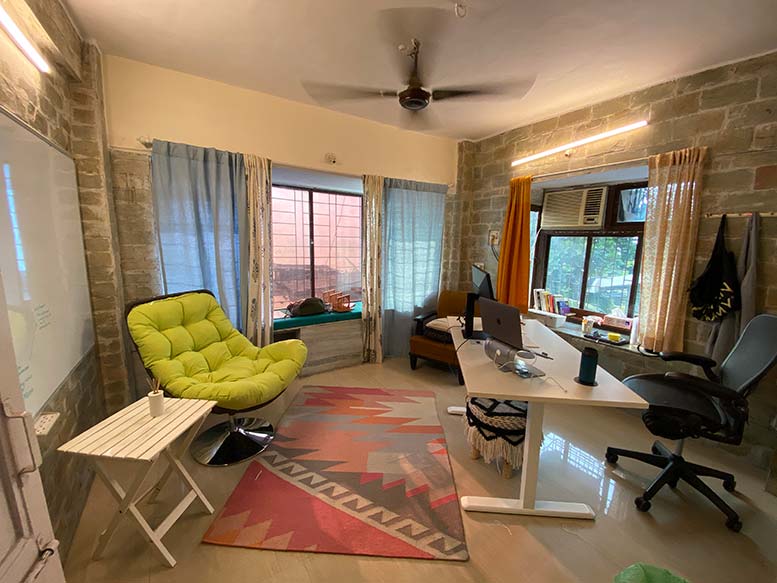
Director Vasant Nath’s Versova office.
Which score, shows, performances and experiences have shaped your own creative process? Who are your maestros?
The list is always being added to, but I think someone who has really shaped the way that I write films, is a script mentor called Marten Rabarts who had come to India as Head of Development at the NFDC and I was fortunate enough to be his charge. I went to him with my first feature film script, and the compassion with which he looked at my work, and my life, and my characters, and my skill, and gently urged me to do better, has been extremely noteworthy in my life.
Score. I love music and scoring for films. The score of the film Donnie Darko is something, which has always haunted me, and not just the score, but also the soundtrack, the curation of the music. One of my most favourite parts of a film is adding a scratch soundtrack to it from songs that I like. And I invariably have something from Donnie Darko, and something from Wes Anderson’s films. And a great personal favourite of mine is the Great Expectations soundtrack.
Shows. Most recently I watched Unorthodox and that for me is a fantastic example of writing. A very very modern story that deals with the internal world of a young person. I thought was something that comes to mind. Most recently something that has inspired me the most, has been the process of the filmmaker who made The portrait of a lady on fire. And, watching her talk about her own screenwriting process has resulted in a sea change in the way that I look at what I do. And even though I may not have imbibed it, Céline Sciamma has planted a seed inside of me, which is going to grow into something quite fascinating.
What were your biggest learnings and hiccups in your journey so far?
Let me tell you about a hiccup. I was on a film set with Deepa Mehta, and I was completely star struck by the cast and it distracted me from what I was doing. Over time I came to understand that even celebrities are people. Having a sense of kinship with those who are larger than life, and just understanding that everyone is a human being. And everyone is an artist. Learning how to relate with my colleagues has been a process. I was told off quite firmly on the sets of Water, that you can go home and be star-struck from there if you want, but here you have to work.
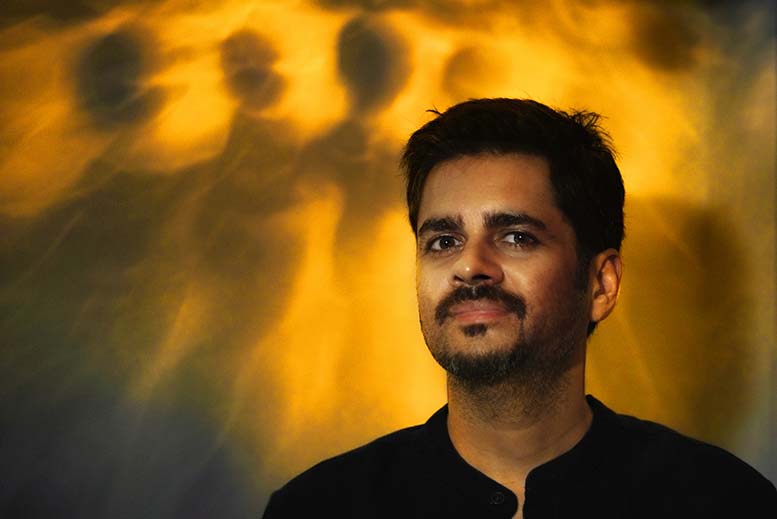
Director Vasant Nath.
How do you describe yourself in the context of challenging people’s perspectives via your work?
I always feel that one can astound someone with simplicity. And I am very much for cutting out noise, being minimal. All for focusing on the key emotions of my characters and milking the small moments. And I have found this very effective, when done with sincerity. I’m always looking to challenge myself when I come across a situation, which I recognise. I’m always asking myself if I can predict the outcome. What am I not seeing and can I surprise myself. Because only if I can surprise myself, will I be able to surprise someone else. And unless someone is surprised, you aren’t learning anything new from that work of art. I do feel that there is a responsibility in a work of art to at least broaden the horizons of those who are engaging with it.
What inspires you? Lets talk about your frameworks, references and process.
People inspire me. I think every human being has something unique about them which I will find fascinating. Its just a matter of digging that out. I find that with any new subject that I’m dealing with. I love the process of uncovering the gem inside, which is going to excite me and motivate me to not sleep, and sit down and write it or make it. It is that curiosity which I think keeps me in this business and makes me thank my stars that I chose this as a career.
Tell us about your studio, what kind of place is it? Could you describe your usual work-day?
I have a small office in Versova, Mumbai, which looks out over the sea. it is a dream come true, because I have always wanted a workspace that looks out at the sea. I go in primarily because there is standing work-station. This allows me to stand, and walk around, and work. And I have white boards, lots and lots of whiteboards. That’s something I love, and my children love to scrawl and scribble over when they visit.
You might also like to read alternative film Director Vinod Bharathan‘s interview:
“Ever since the filmmaking bug got me, I have been keen on people and stories that unfold through that contact. When I am in public, I try to observe, listen and analyse the context, people’s actions, the motivations and the moral impact of their existence as part of the society. I keep my phone away.“
Referred to as the “director who gives you the space to play”, Vinod Bharathan is most inclined towards cinema that lets him stay independent.

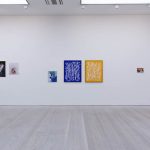


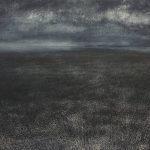





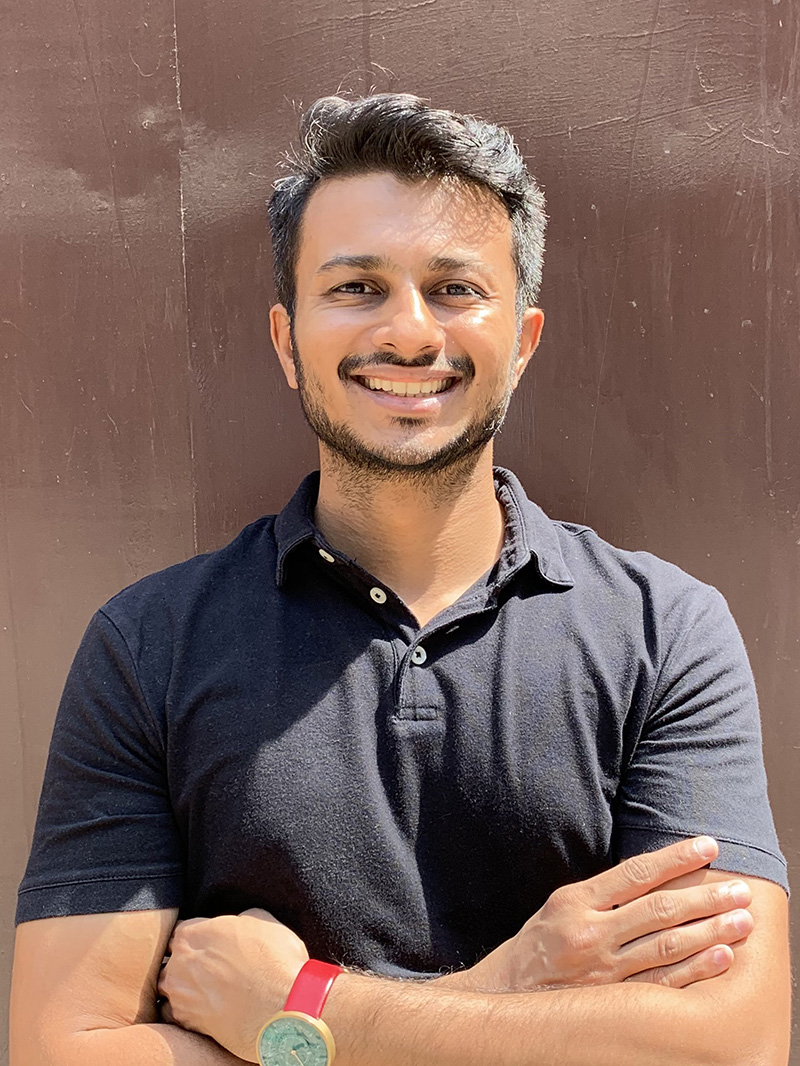

[…] might also like to read alternative film Director Vasant Nath‘s interview: […]